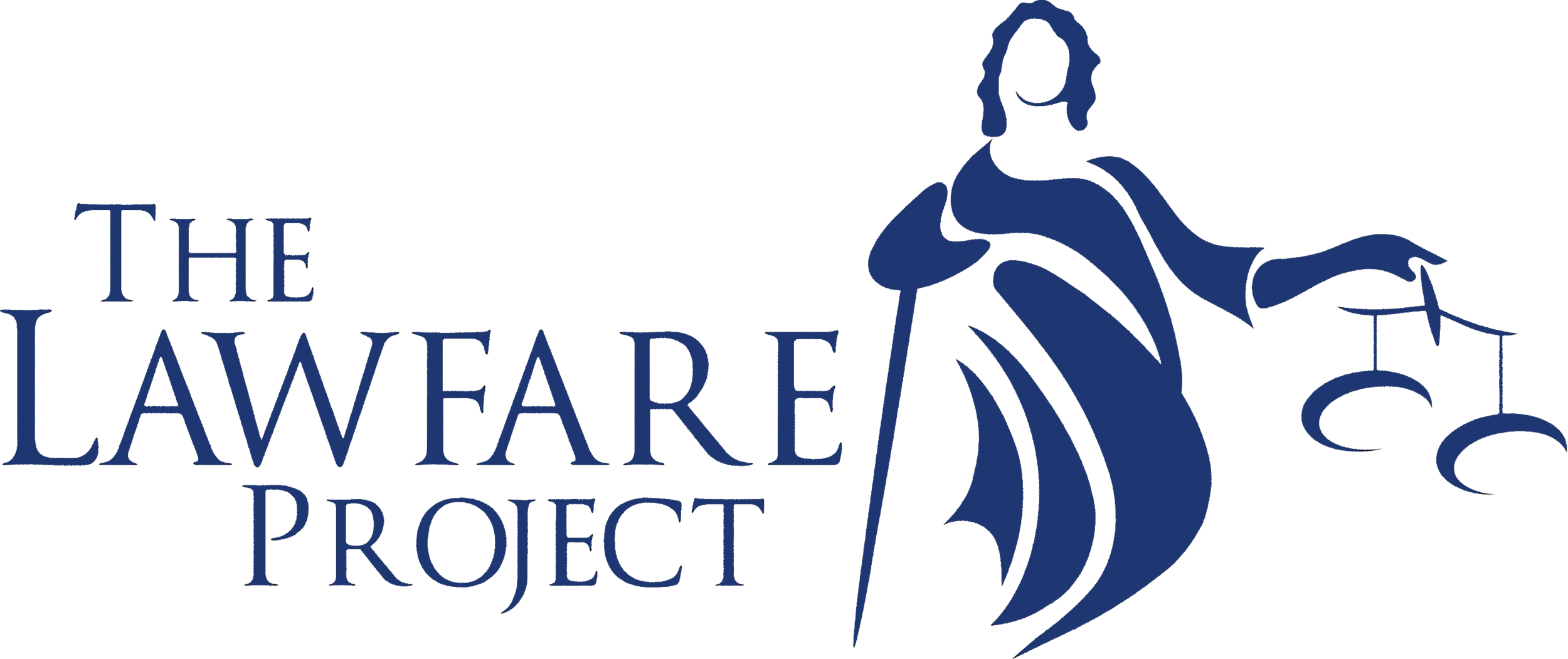Lawfare Project appeals Polish District Court's ruling against Holocaust survivors
"Unfortunately, the judge in this particular case decided that freedom of speech shall always prevail over historical truth regardless of accurateness or its impact on people's feelings,' said Brooke Goldstein, Executive Director and Founder of The Lawfare Project. "This deeply flawed ruling will only allow antisemitic language to flourish unchecked throughout Poland. We cannot let this stand."
— Brooke Goldstein, Executive Director of The Lawfare Project
The Lawfare Project and counsel in Poland appealed the District Court in Warsaw's decision to dismiss the case of Krystyna Budnicka, Michał Głowiński and Leszek Żukowski (plaintiffs) against Andrzej Ryba (defendant). With LP's support, counsel in Poland represented the plaintiffs — two Holocaust survivors and a former Polish Underground Army fighter and prisoner of Nazi camps — against the defendant who published books by Nazi war criminal Leon Degrelle.
The lawsuit, which was initially filed in 2018, sought to force the publisher to cease the sale and distribution of the offending material, to publish an apology, and to pay monetary compensation to charities of the plaintiffs' choosing. The broader goal of this action was to ensure that Polish law prohibiting Holocaust denial is enforced and that similar publications are blocked. The appeal was filed in Poland's Court of Appeals.
The books contain false statements about the history of the German path to World War II and the rise of Nazism, as well as pure Nazi propaganda, and are sold in bookstores in Poland as "historical books." The District Court said it found no proof that the defendant's motive was to spread Nazi propaganda, despite previously dismissing LP's request for examination of a witness who participated in a lecture by the defendant's during which he praised Hitler and Nazi regime.
"The Court of first instance allowed Holocaust denial and Nazi propaganda books, presented as 'memoires' and 'historical sources,' to be legally published and sold in Poland," said attorney Michal Jablonski. "The Court of Appeal will now have a chance to overrule this shameful claim."
A key reason why the court dismissed the claims was its assessment that Leon Degrelle's books are "historical sources" and, therefore, cannot infringe on plaintiffs' personal rights. The court stated this despite the fact that the books at issue are not distributed only to historians and other researchers, but are targeted to all potential readers. Moreover, the books do not contain proper scientific comment and footnotes regarding the false statements and Nazi propaganda presented therein, which is typical for similar publications.
"Unfortunately, the judge in this particular case decided that freedom of speech shall always prevail over historical truth regardless of accurateness or its impact on people's feelings,' said Brooke Goldstein, Executive Director and Founder of The Lawfare Project. "This deeply flawed ruling will only allow antisemitic language to flourish unchecked throughout Poland. We cannot let this stand."
The plaintiffs were also forced to wait for an inordinately long time to file an appeal, as the lower court judge postponed the deadline for issuing the court's written decision three times. This is particularly reprehensible as the plaintiffs are in their 90s. Tragically, Mr. Głowiński, one of the plaintiffs, passed away before the appeal was filed.
"This is a landmark case regarding the legal concept of free speech in Polish law," added Jablonski. "In plaintiffs' view, the defendant cannot claim that the content of his books is protected free speech. There is no doubt that Leon Degrelle's books include Nazi propaganda, inaccurate and false statements about facts, and statements denying the Holocaust, so the minimum standard of due diligence reasonably requires adding a proper editorial comment and footnotes acknowledging each false statement. Moreover, such books cannot be marketed as historical books but rather, if anything, as memories of Leon Degrelle, who was a Nazi war criminal. Thus, even if the free speech exception is considered, the defendant still failed to prove that he acted with appropriate diligence, so the protection of plaintiffs' right to national identity and historical memory should have prevailed."
